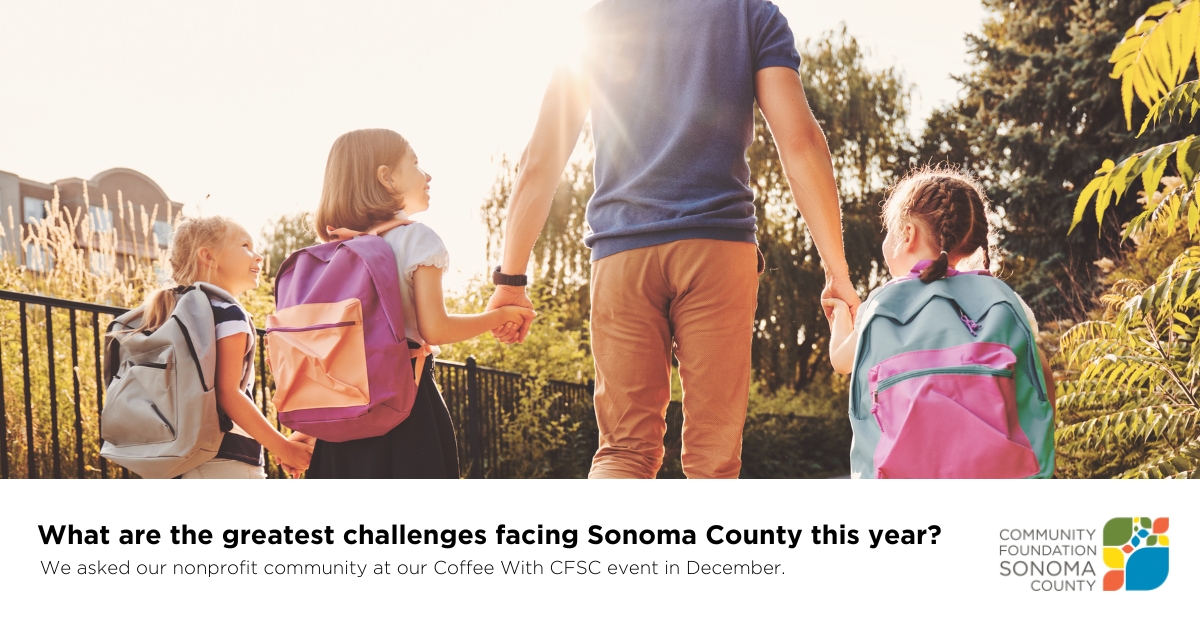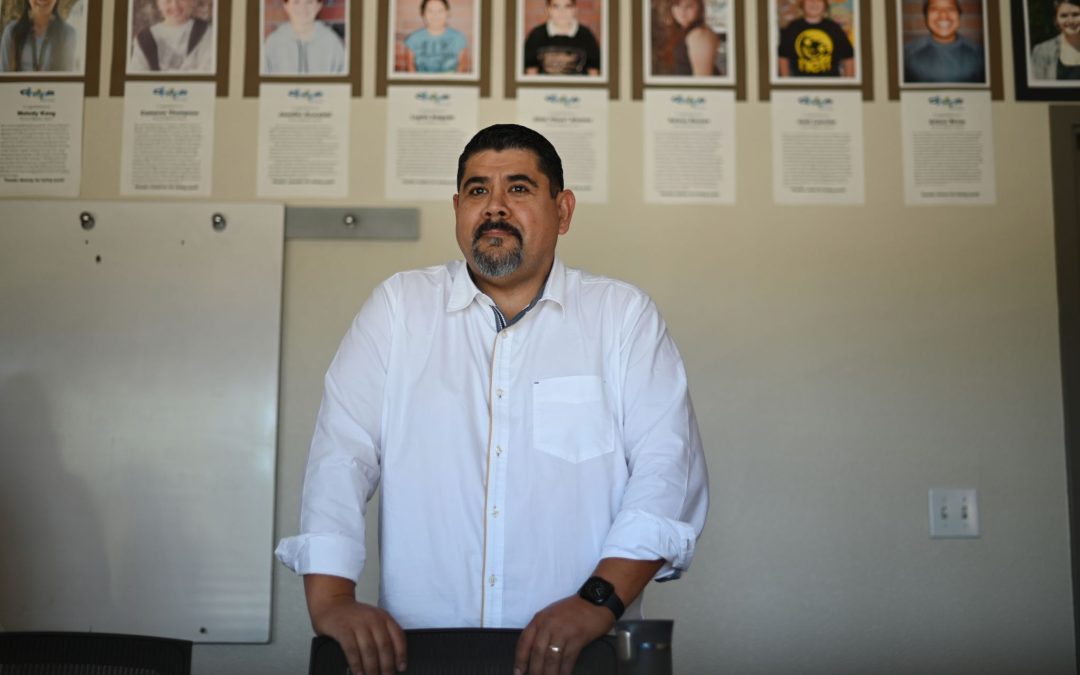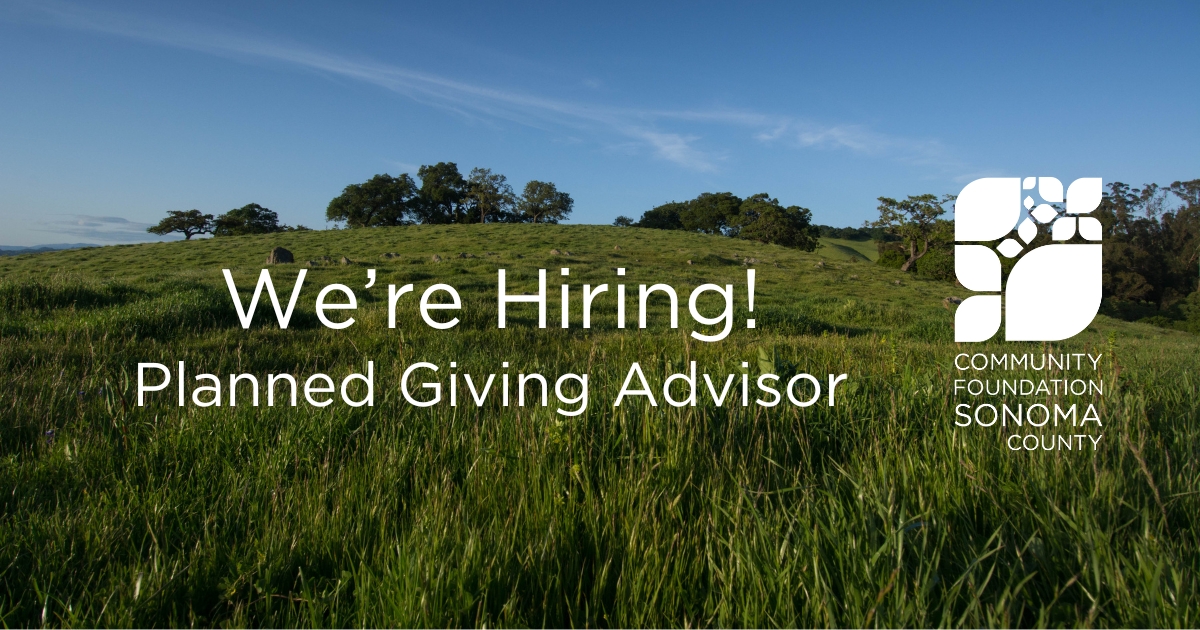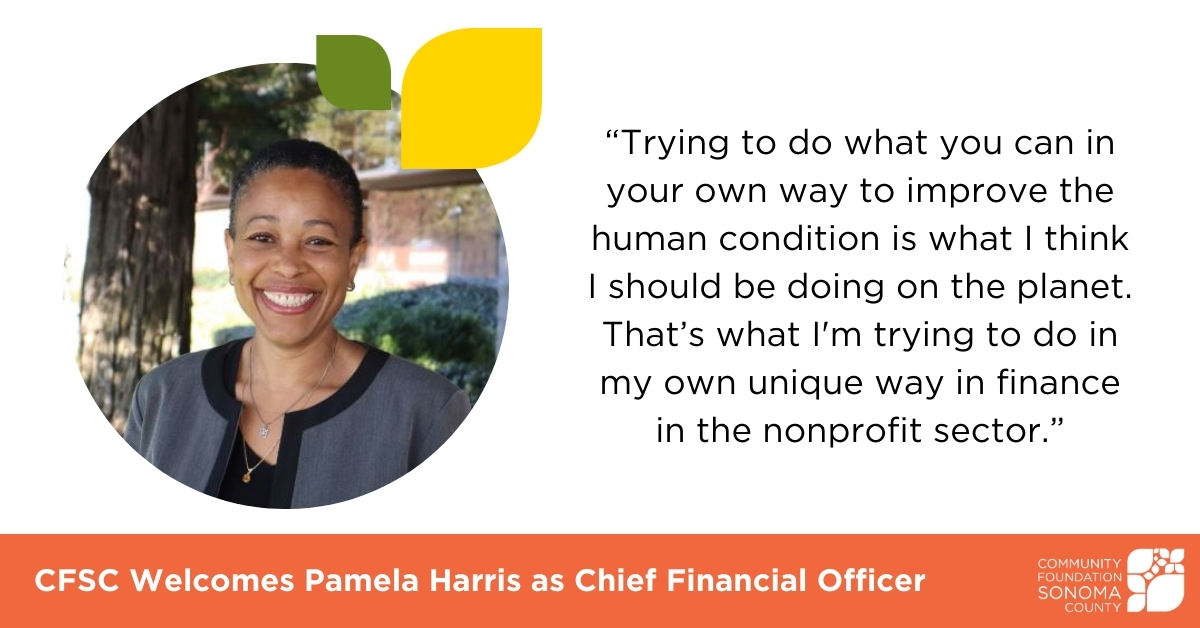In December we hosted our virtual Coffee With CFSC event, with over 90 local nonprofit staff and leadership joining us. It was not only an opportunity for us to share our grantmaking plans for the year, but also an opportunity for us all to reflect and learn from each other. We spent much of the event in breakout rooms, brainstorming in small groups to address some of the most pressing issues facing our community. We received hundreds of thought-provoking responses, which we will share with you below. Responses have been edited for clarity and brevity, and similar responses have been consolidated.
What are the greatest challenges facing the people of Sonoma County in 2024?

- Housing: Affordable housing, homelessness, cost of living and inflation, and rental assistance.
- Healthcare: Mental health, substance use disorders, domestic violence, a lack of senior caregivers, and inequality in healthcare.
- Basic Needs: Living wages, safety from the impacts of climate change, access to food, transportation, utilities, accessibility for people with disabilities, public safety, and immigration legal services.
- Education: Lack of support for special needs students, educational attainment for BIPOC communities, teacher attrition, student drop-out rates, and a lack of safety on campus.
- Local Economy: Workforce development, a sense of economic insecurity, a lack of representation in local politics, and a lack of collaboration/planning between nonprofits, government, and tribal stakeholders.
24% of respondents listed affordable housing, homelessness, and the cost of living as great challenges for those living and working in Sonoma County this year. 12% listed mental health care for youth. Across the board, our community is concerned about basic needs, housing, healthcare, education, and the health of our local economy.
What are the greatest challenges to nonprofits in 2024 and beyond?

- Impacts to Funding: Donor fatigue, funding reductions/cliffs, the stock market, election pulls, reduced government funds, county disfunction/lack of resources, inflation, competition for funds, and sourcing community-centered funding rather than donor-centered funding.
- Staff Wages & Retention: Wages, hiring, retention, and volunteer support.
- Leadership: Need for additional BIPOC representation in leadership and boards, leadership burnout, lack of DEIB training for boards and leadership.
- Grant Restrictions: Need for multi-year funding, need for capacity building grants, impact of requirements that are not scaled to the size of grants, a need for unrestricted funding for operating costs/admin/data support.
- Saturation & Collaboration: Over-saturation of nonprofits in area, duplication of efforts, consolidation of nonprofits, too many coalitions stretching time of nonprofits, getting traction for new nonprofits, and a need for nonprofit collaboration.
In response to this question, 26% of respondents highlighted a lack of funding and donor fatigue in their response. 17% listed staff wages, hiring, and retention. These responses reflected a serious impact to funding, difficulty retaining and paying staff, a lack of diverse leadership trained in DEIB, impacts from grant restrictions, and a desire for meaningful nonprofit collaboration.
Reflections & Next Steps
In addition to these questions, we asked what our nonprofit community needs from us. The most requested response was to connect nonprofits and create bridges for larger impact. Another top response was for CFSC to provide insight to donors about complex issues facing our community and the benefit of unrestricted funding and trust-based philanthropy. Respondents highlighted the need for more connection to CFSC and other nonprofits through collaboration, community convenings, and educational events.
One request made by many attendees was for education on nonprofit advocacy. In February, in part inspired by this feedback and our own commitment to advocacy work, we co-hosted Nonprofit Advocacy 101 (read more about the event here). The event, aimed at training Sonoma County nonprofit leadership on their critical role as advocates, was at-capacity and full of opportunities for cross-collaboration and education.
We look forward to using this feedback in our planning for future events and initiatives.











